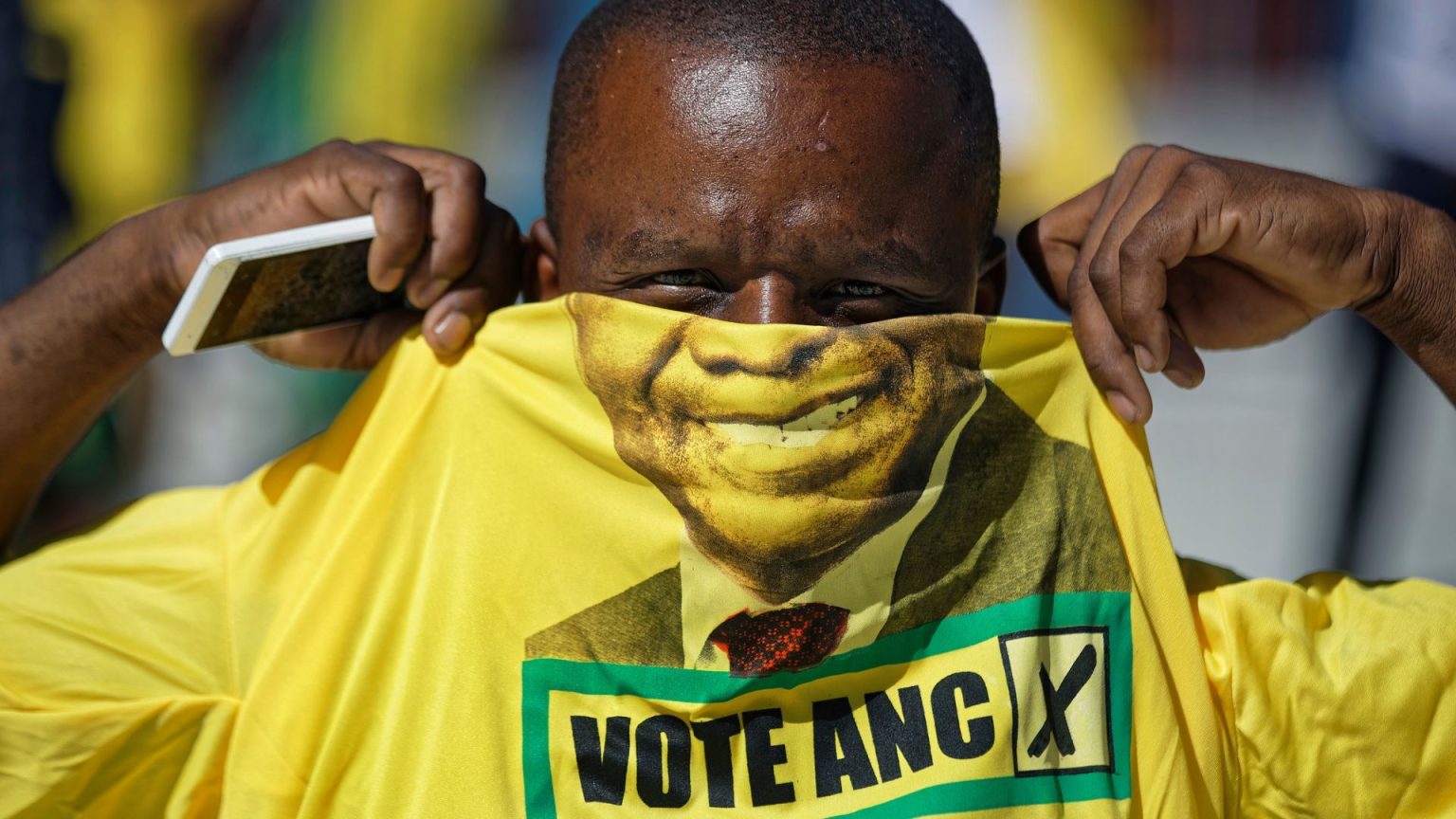The recent election in South Africa has marked the end of the African National Congress’s 30-year dominance in the country’s politics, leading to the need for the party to engage in talks with rivals to form a coalition government. Voters expressed their frustration with the ANC, citing its perceived failure to address the country’s struggling economy and high levels of poverty. As the ANC now looks to form a coalition government, the question arises of what concessions the party may make and what implications a weakened ANC will have on politics in South Africa.
Malaika Mahlatsi, a researcher at the Institute for Pan African Thought and Conversation, highlights the need for the ANC to acknowledge the issues that led to their decline in popularity and to demonstrate a willingness to listen to the concerns of the electorate. She suggests that the party may need to consider forming partnerships with smaller parties in the coalition government in order to address the diverse needs of the population. By making concessions and working collaboratively with other parties, the ANC could potentially regain public trust and strengthen its position in the political landscape.
Jan Hofmeyr, Head of policy and analysis at the Institute for Justice and Reconciliation, discusses the challenge facing the ANC in negotiating with rival parties to form a coalition government. He emphasizes the importance of compromise and the need for the ANC to be open to sharing power and decision-making with other political actors. Hofmeyr suggests that the ANC may need to make significant policy adjustments and reforms in order to secure the support of potential coalition partners and address the pressing issues facing the country.
Mondli Makhanya, Editor-at-large of City Press, reflects on the implications of a weakened ANC for the future of politics in South Africa. He notes that the ANC’s declining popularity may lead to a more competitive political landscape, with other parties gaining influence and presenting alternative policy agendas. Makhanya emphasizes the need for the ANC to adapt to changing political dynamics and to rejuvenate its leadership in order to remain relevant and effective in addressing the challenges facing the country.
Overall, the recent election results in South Africa signal a significant shift in the country’s political landscape, with the African National Congress facing the need to engage in talks with rivals to form a coalition government. As the ANC seeks to address the concerns of voters and regain public trust, it will be crucial for the party to make concessions, collaborate with other political actors, and adjust its policies to better respond to the needs of the population. The outcome of the coalition negotiations and the ANC’s ability to navigate this new political environment will have far-reaching implications for the future of politics in South Africa.












